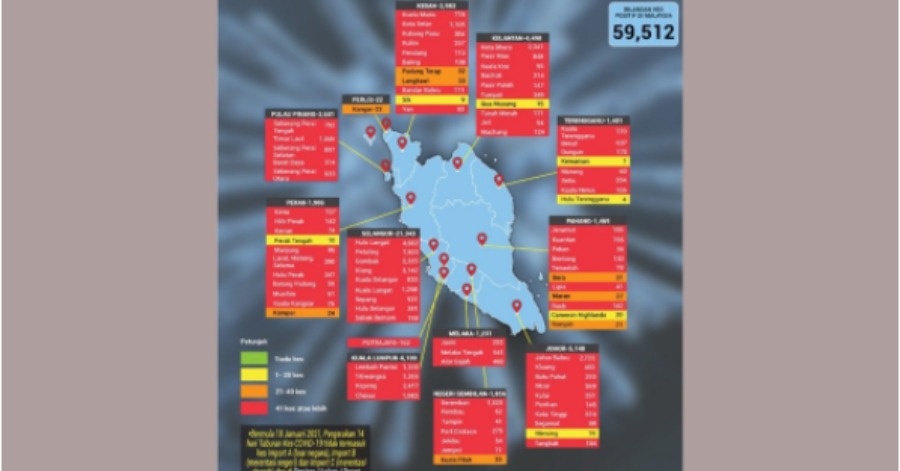KUALA LUMPUR, July 15 — The COVID-19 pandemic taught the world some very valuable lessons – chief among them was the reminder of the connection between man and nature and how human actions could leave severe consequences on the well-being of the earth and its inhabitants, said Commonwealth Secretary-General Patricia Scotland.
“What we do as people affect our land and what we do in our lands affects our oceans…the atmosphere, and what happens in the atmosphere affects us as human beings and the quality of our lives,” Patricia Scotland said in an interview with Bernama over Skype recently from London.
During the COVID-19 pandemic, the cyclical nature, displaying the impact of human actions on the environment and climate change, became even more apparent.
“When human activities reduced, nature was able to breathe and responded dramatically. Nature was restoring herself much more quickly than anyone of us had ever anticipated.
“This interconnection makes us understand that we really have to look at land-based solutions and that we are part of the answer,” she said.
While there has been an opportunity to further understand the true impact mankind has had on the environment in the last few months, what must be remembered of the COVID-19 episode is that “we must not go back to business as usual.
“We need to build back better, in a way that works for both people and (the) planet.”
(The) the environment should be the cornerstone as countries put in place their plans for economic recovery, she said.
“Our natural environment underpins life on earth, human livelihoods are directly dependent on the abundance and integrity of the biodiversity and natural resources.
“This is a crucial opportunity to ramp up action…and address the multi-impact scenarios. Simultaneously as nations recover from both diseases and disasters, there will be a need to maximize the adoption of greener recovery pathways post COVID-19,” she said.
This will not only encourage economic growth but also contribute towards the global fight against climate change.
She said long term economic stimulus packages that have climate resilience and low carbon focus would be the ones really geared towards not only boosting economic growth and creation of jobs but also reducing emissions, providing cleaner air, and increasing resilience.
Asked on the haze that continues to plague many Commonwealth member countries and ways to beat it, she said the kind of vigilance applied to COVID-19 should also be the way for the haze.
The efforts, however, cannot be in a silo, but they have to be concerted with countries coming together, she stressed, pointing towards the COVID-19 and how it had affected everyone worldwide, and how global and regional cooperation figured in the fight against it.
“Adoption of the multilateral approach will be crucial in overcoming the challenges whether it is a climate change, a crisis like the COVID-19.”
Sources: BERNAMA









Leave a Comment